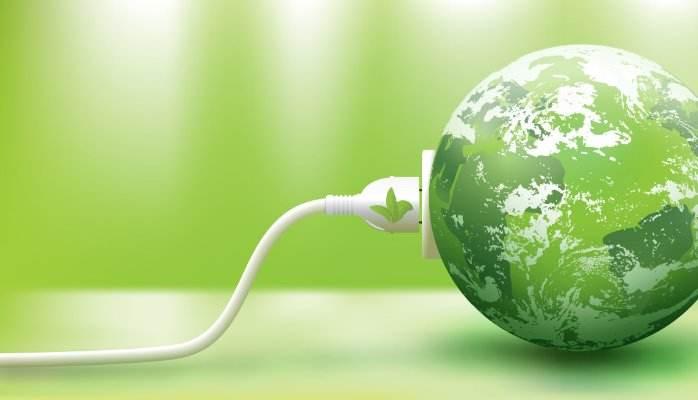NAIROBI, Dec. 25(Xinhua) -- The renewable energy is the new frontier for robust China-Africa cooperation, a Kenyan scholar told Xinhua in a recent interview.
Peter Kagwanja, chief executive officer of Nairobi-based Pan-African think-tank Africa Policy Institute (API), said Africa has the largest potential of renewable energy and Chinese technology is key to fully exploiting Africa's renewable energy potential.
"There has been an argument that China is coming to Africa to drain, exploit our natural resources, I thought that is nonsense because the energy we are talking about is not the energy you pipe out, it is renewable energy," said the scholar.
He spoke on the sidelines of a recent forum on China-Africa cooperation in the energy sector under the Belt and Road Initiative co-organized by API and China National Petroleum Corporation Economic and Technological Research Institute (CNPC ETRI), the research arm of China's biggest oil company.
On December 23, Kenya launched a 50 MW solar power farm located in Garissa, northeast region, with the plant being one of the largest photovoltaic electricity stations in Africa. The project was designed and built by the EPC contractor China Jiangxi Corporation for International Economic and Technical Co-operation, in conjunction with Kenya's Rural Energy Authority (REA).
One week later, Zambia commissioned a solar mini-grid power station in Mwinilunga District in the North-western Province. The project, constructed by Chinese tech giant Huawei, has the capacity to power 300 households, a school, a health facility as well as businesses within the chiefdom.
The shortage of power is still a major bottleneck restricting the sustainable development of African countries. According to media reports, 600 million people in the Sub-Saharan Africa still do not have access to electricity.
Kagwanja emphasized that Africa required reliable power supply to propel industrial growth while investments, technology and expertise from China would help bridge a huge access gap in the continent.
"Africa needs a lot of energy to industrialize. We need China to bring technology, to raise electricity capacity to a level where we can sustain industrialization," said he.
He said that energy security in Africa, where only 47 percent of the population has access to electricity connection according to the World Bank, is key to empowering citizens and driving industrial transformation in the continent.
Kagwanja said that African countries can draw lessons from China that has attained 100 percent electricity connection to bridge access gap that bodes ill for the continent's quest to accelerate sustainable development. (Contributed by Ding Lei, edited by Yang Yifan, yangyifan@xinhua.org)




 A single purchase
A single purchase









